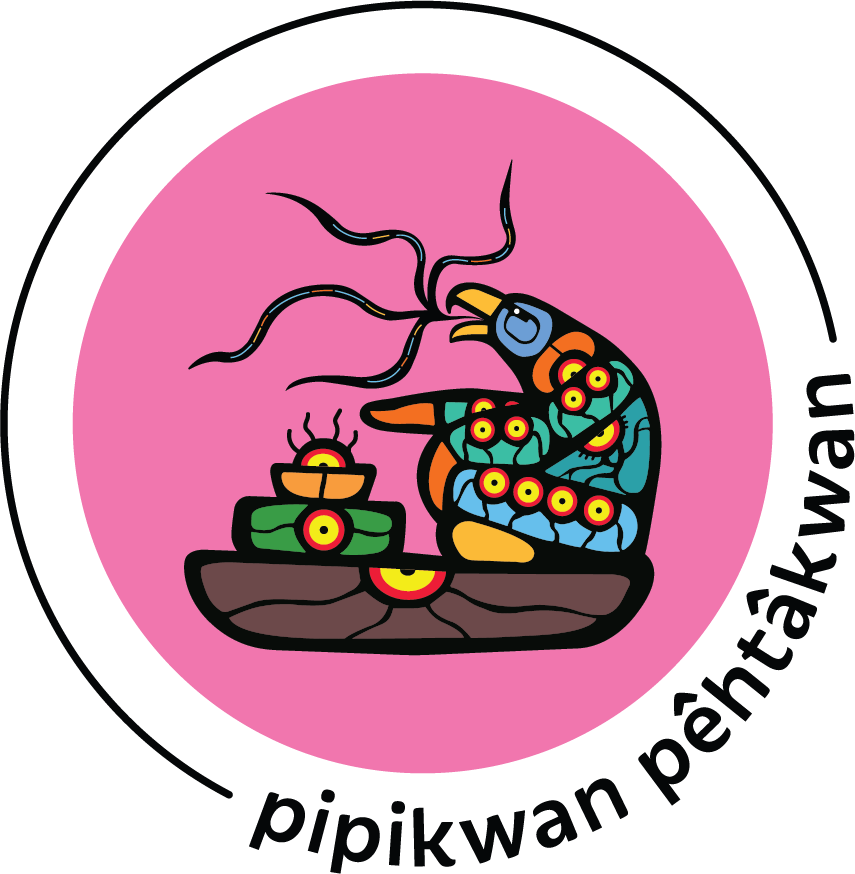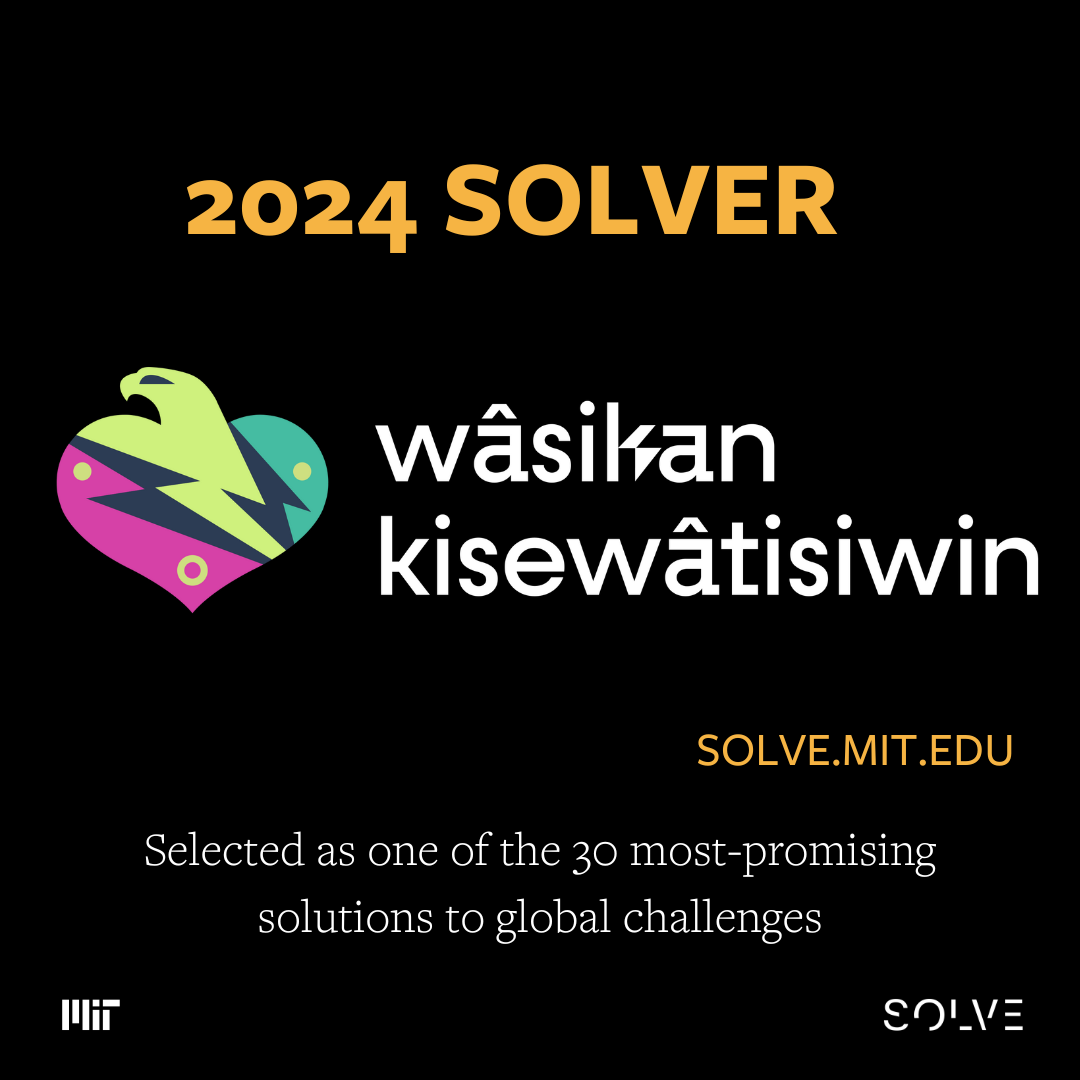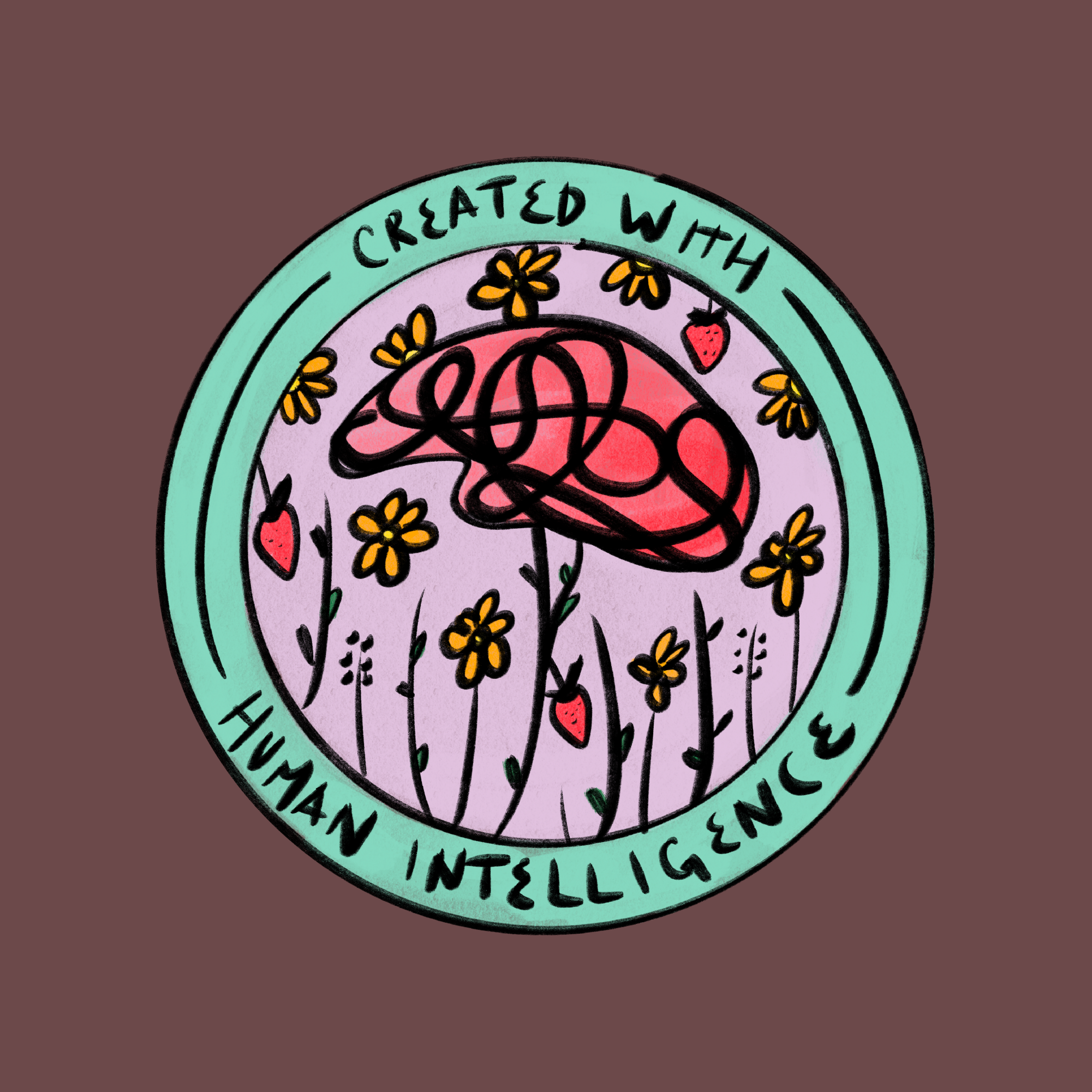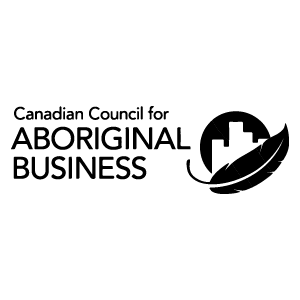In 2023, we shared with communicators at the International Association of Business Communicators’ (IABC) world conference on the effects of colonization on Indigenous Peoples of Turtle Island; a subject both Canadians and people outside of Canada are often unaware of.
We explored how communicators can start decolonizing both their writing and business practices. Here’s a short summary of what we shared so you can think on how you can bring these aspects to your work.
We understand organizations can’t exist outside of the colonial structure. Without severing our communities from capitalism, we will never truly be decolonized – but we have the opportunity now, as individuals, to make a difference.
As part of decolonizing our own way of working, whenever we present, lead, or train media organizations, we first place ourselves. Placing yourself is the act of introducing yourself by sharing how you connect with the land under your feet – by saying who you are, where you’re from, and your family history.
This may cause non-Indigenous people to feel uneasy. We’ve all experienced this – someone asks a person of colour, ‘where are you from?’ suggesting they weren’t born here on Turtle Island. Except, when Indigenous Peoples ask where you’re from, it isn’t thinly veiled racism, it’s a way to connect with people we speak with. It’s common for Indigenous Peoples to ask, ‘who’s your aunty?’, just to find we share the same family – and that brings us all closer together. We want to know who YOU are, what makes you the unique individual you are and we want to understand how we are connected to one another.
We practice placing ourselves because identity is restricted to what you do for a company within western corporate culture. Whether you’re a CEO, a Director of Strategy, or a Communications Coordinator, most people only see you as a title before moving on to a piece of work you’re getting paid to complete. This method treats human interaction as transactionary.
To decolonize, we must step away from this type of structure. We must embrace our identities and differences to create stronger communities where we can all feel valued and appreciated. In Indigenous communities, everyone has a role to play – everyone is important in maintaining the health of the community and pipikwan pêhtâkwan feels the workplace is no different.
Secondly, non-Indigenous communications organizations must use the language Indigenous clients require them to use. For example, when referring to Indigenous Peoples as “Canada’s Indigenous Peoples,” communicators imply we’re owned by the federation. Possessive language should never be used to describe us, because we are sovereign Peoples – First Nations, Métis and Inuit communities are not Canadian. Our relationships with Canada are Nation-to-nation.
When peoples are allowed to take ownership of their identities in media and communications, we move further away from colonial attitudes of conquest and ownership.
Thirdly, This leads us to neutrality – the concept within the media that leaving your bias at the door, or emotional detachment from a subject, is ethical journalism. This euro-centric, neutral voice is in itself a bias dominating the voice of the “other.” Divorcing yourself from the emotional labour of the content you’re publishing isn’t ethical, it’s inhumane. We all have inherent bias’ and to recognize them, learn from them, and work with them is to tell a better story about people who deserve respect. To care about people isn’t a bias, it makes us human.
To practice this method of decolonization in your own work, you can start by being transparent. By clearly identifying yourself and stating your intentions, there can be no misunderstanding. You’re not interviewing someone to trick, deceive, or force them into telling you a story they don’t feel comfortable telling. Likewise, doing the same for your audience informs your intent to honour the human being living through their story.
To decolonize, you must look forward with Indigenous Futurism, the perspective that there truly is “nothing about us, without us.”
Beyond that, validating the story with those who you engage with is also key. How will you know you captured their lives in the way they meant? What if your client overshared and changed their mind about certain aspects? In public relations, we aren’t the news, we can decolonize by working with people in a way that is fair, validating and based on truth.
Through all of this, you may ask yourself as an individual in a much larger corporate structure, ‘how do I stop the proliferation of misinformation, stereotyping, and speaking for Indigenous Peoples who I don’t represent?’
Give your clients the time they need to tell you their truths. There is nothing more important than having agency as a member of a diverse community. While facilitating media engagements, direct journalists away from your clients if they’re pushing, leading questions, and/or interviewing in bad faith. This has nothing to do with keeping secrets, it has everything to do with protecting the people most harmed by intrusive, destructive communication. If a journalist doesn’t want to wait for your client to feel comfortable, then they never wanted to tell their story in the first place.
You can begin your own journey of decolonization by ensuring Indigenous Peoples are heard and represented authentically; in fact you can start right now by asking us for a copy of our award-winning, “Interviewing Indigenous Peoples: A Media Guideline.”
The guide is built to assist journalists, public relations agents, and media professionals in understanding who an Indigenous Survivor is and how to ethically tell their Truths. This approach is one step on your journey of decolonization as it places the wellbeing of the interviewee first. It is full of the tips and tricks written about in this article, as well as content about Indigenous style guide requirements outside of the CP style guide, methods to keep agency in the hands of Indigenous Peoples, and context surrounding specific events to avoid spreading trauma porn.
We hope that you can utilize some of the resources and ideas in this article to join us on our collective journey of decolonization together.




